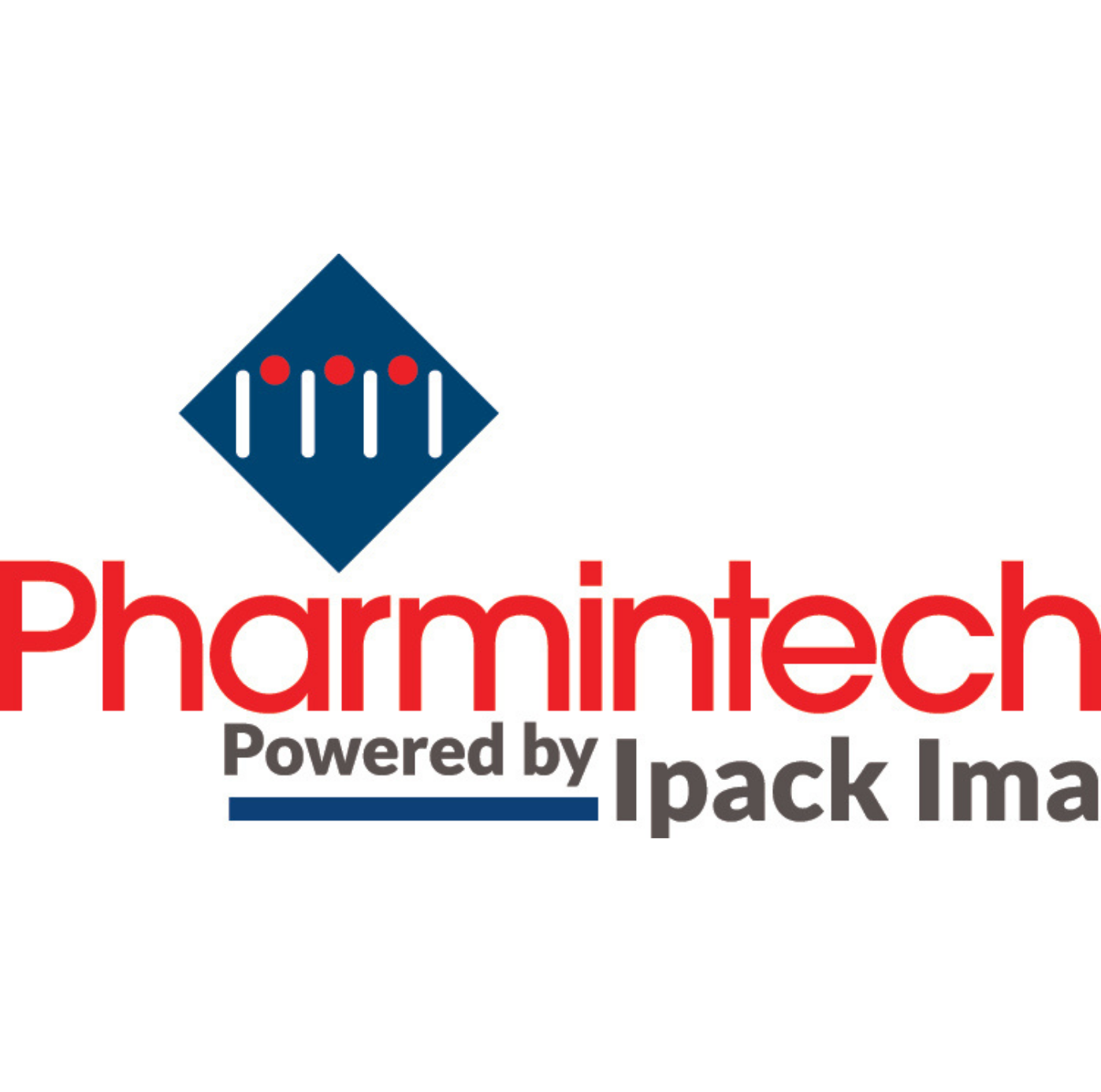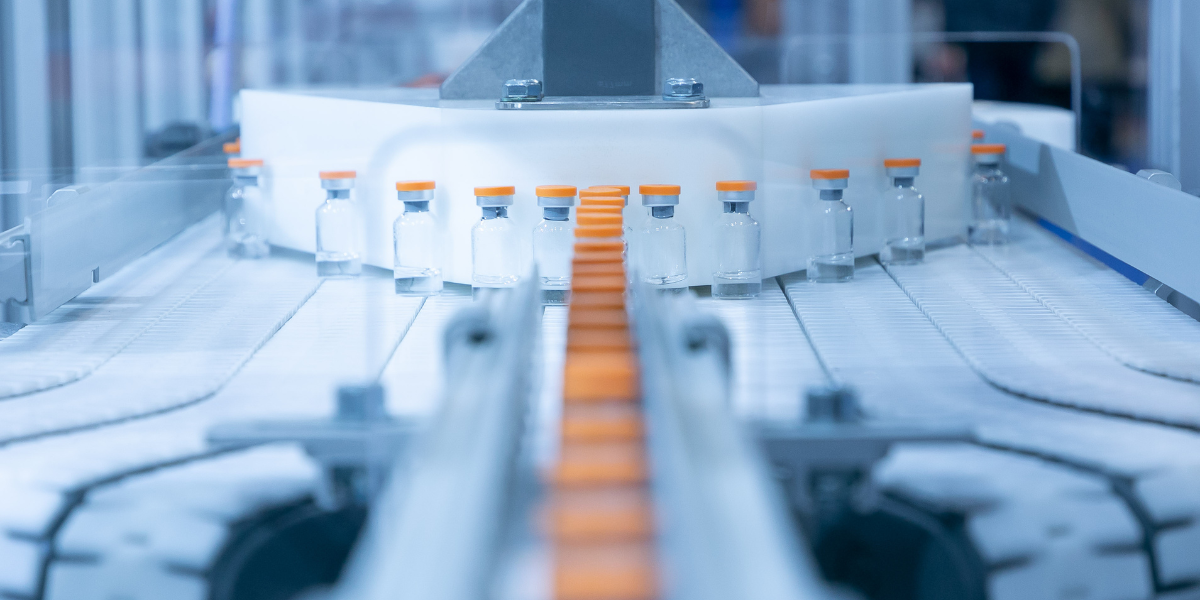By Editorial staff
To maintain competitiveness on the market, it is essential to interpret and exploit key trends to anticipate the significant evolutions that are revolutionizing the pharmaceutical sector. Luigi Braga, expert from Boston Consulting Group, highlighted various trends, often related among themselves, analyzing the consequences during the seminar “Innovation in Italian pharmaceutical manufacturing”, an event organized by Afi (Pharmaceutical Industry Association) and Ispe (International Society for Pharmaceutical Engineering.
Product innovation
The biopharmaceutical industry is undergoing a revolution in oncology and other complex diseases, thanks to a wave of innovation that continually leads to new pharmacological modalities. The new modalities will create unprecedented opportunities for biopharmaceutical companies that actively pursue them, but they also present unprecedented risks.
Therapies based on plasma, DNA and RNA derivatives are well-known technologies from a research and development point of view and are now starting to have a truly interesting backline. cell engines, which have already existed for a few years, and the most recent mRNA technologies offer new application possibilities. All this makes it necessary to manage much more complexity at the production level.
A characteristic of many new drugs is that they impact smaller patient populations than in the past, because they respond to increasingly personalized and, in some ways, niche health needs: this obviously generates an impact directly on the volumes. Manufacturers must be able to manage the production of more complex and expensive drugs, quickly adapting to new regulatory requirements and patient demands.
Being regulated, the innovation cycle in the production of new drugs takes a long time compared to other products, which however have many opportunities to shorten, requiring a quicker reaction capacity from operations managers. But this generates further benefits: once a company has developed the capabilities for one modality, it can apply them to other related ones through a platform approach that creates synergies
Visit the Making Pharma Industry website for the full article. Click here
.png)
.png)









1.png)



.png)